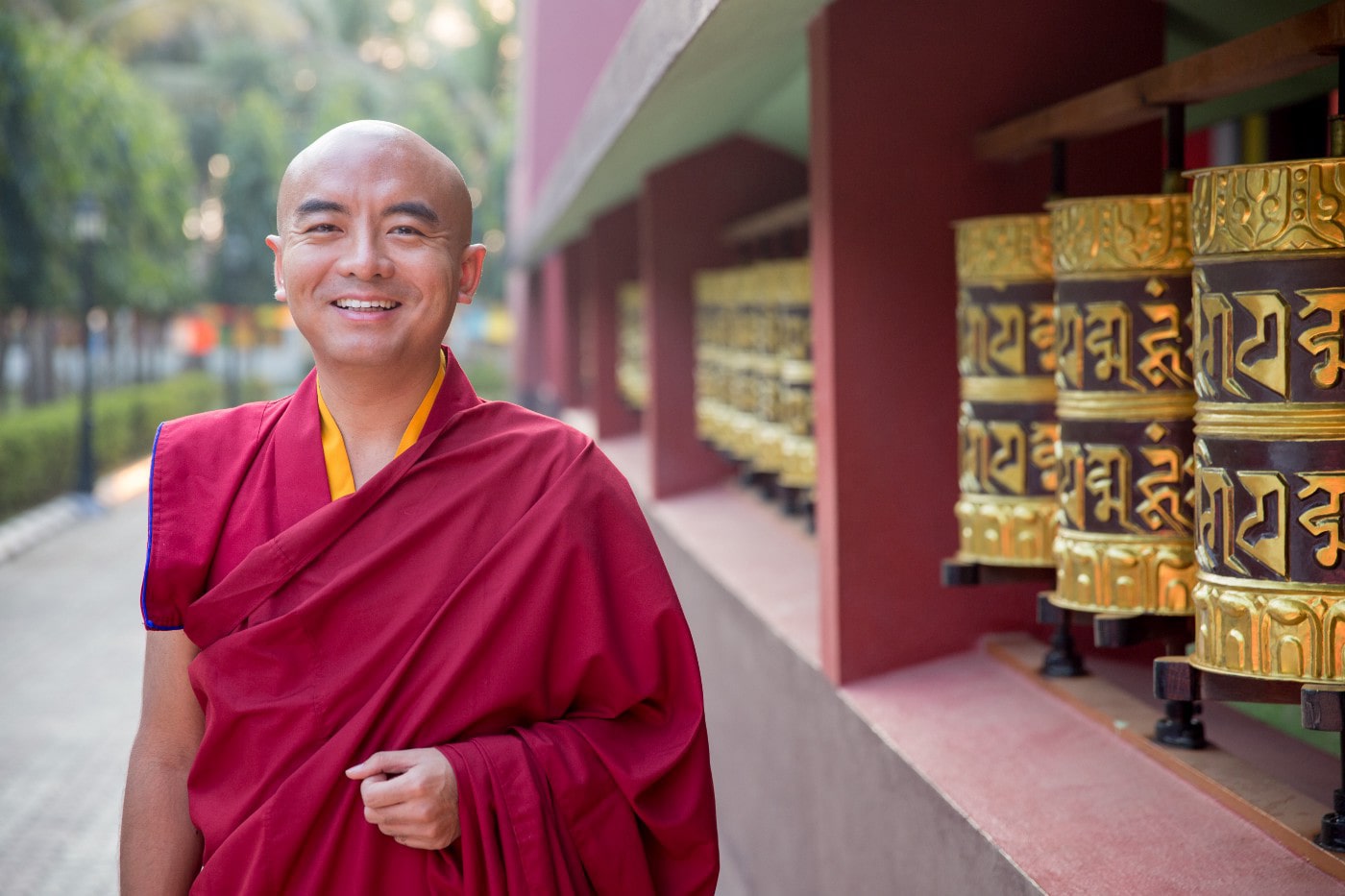Collective Wisdom Around Clinging and Aversion

In this episode, we explore the topic of attachment and its role in our lives. Dr. Seth Zuiho Segal challenges the common belief that Buddhism advocates for non-attachment in all aspects of life. He explains that there are different kinds of attachments, including attachments to people, objects, opinions, and self-identity. While certain attachments can be limiting, Seth argues that relationships are crucial for our overall well-being and that they provide an opportunity to practice mindfulness and compassion. He encourages listeners to prioritize the quality of their relationships and to embrace the complexities of attachment.
Venerable De shares personal experience of forming attachments to people who mistreated him and the subsequent impact on his self-worth. He emphasizes the importance of letting go of negative self-views and hard feelings towards abusers in order to move forward and live a healthy life. Venerable De also highlights the significance of offering loving kindness and compassion, both to oneself and to others, as a means of healing and finding solace in difficult times.
Mary Stancavage, discusses the concept of letting go of attachments to certain identities or perceptions of oneself. She reflects on her own journey of rediscovering her passion for archaeology without attaching her self-worth to it. Mary advises listeners to dig deep and question the underlying motivations behind their attachments, suggesting that the true source of discomfort often lies beneath the surface.
Dave Smith cautions against viewing attachment as inherently negative. He argues that it is rather the greed and clinging associated with attachment that can lead to suffering. Dave introduces the term "lobha" or greed and explains its role in fueling attachment. He encourages listeners to practice kindness and patience towards themselves and others, emphasizing the importance of cultivating a metta (loving-kindness) practice.
Throughout the episode, the speakers challenge common misconceptions about attachment and offer insights into how we can navigate its complexities. They highlight the role of relationships, self-reflection, and mindfulness in finding balance and fostering well-being. By exploring the nuances of attachment, listeners are encouraged to develop a greater understanding of themselves and their connections to others.


